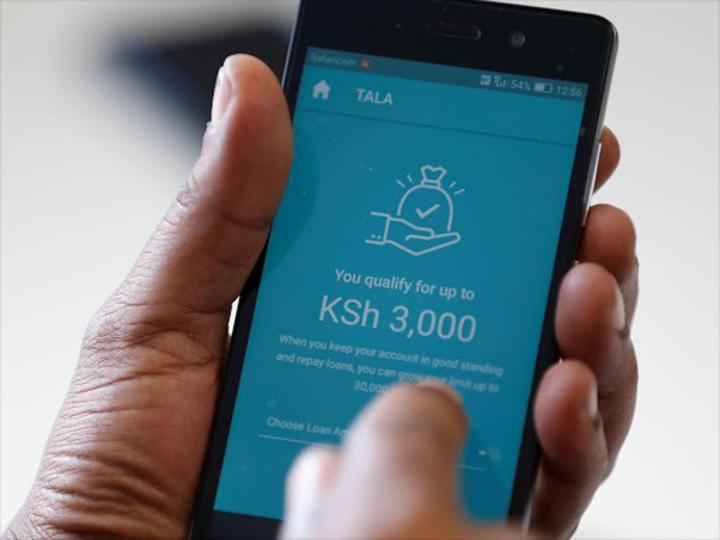Africa-Press – Kenya. More than 400 digital credit providers are seeking to operate in Kenya, the regulator has indicated, signaling a low-hanging fruit in the lending market as Kenyans seek quick solutions in access to credit.
This is in the wake of the tightening of credit terms by mainstream banks in the country, where the majority are currently implementing risk-based lending modules, which is seen to lock out individuals with poor credit history.
Some digital lenders have been enticing borrowers with less strict conditions, including offering credit despite a customer being listed on Credit Reference Bureaus for defaulting past loans.
Central Bank of Kenya (CBK) has so far licensed 32 digital lenders, governor Patrick Njoroge said yesterday.
The regulator is however looking into more applications for possible approvals.
“We thought there were about 200 but applications are up to 400. We are processing them and will only be accredited to the standards of the law,” Njoroge said.
Digital lenders have in the last decade changed borrowing patterns in the country, which has seen millions of borrowers turn to mobile apps for quick loans, albeit high-interest rates in some.
They have added pressure in the loan market, eating into mainstream players mainly microfinance entities.
According to CBK’s latest annual banking sector annual report (2022), microfinance sector’s net advances decreased by 1.9 percent from Sh40.1 billion in 2021, to Sh39.3 billion in December 2022.
“The decline in loans was attributed to competition from commercial banks and digital lenders,” CBK notes in its report.
Since March 2022, the banking sector regulator has received 401 applications for vetting under the CBK Digital Providers Regulations 2022.
The need for legislation was sparked by a rise in the number of unregulated digital credit providers in Kenya.
This raised consumer protection concerns, such as lack of proper disclosure, aggressive debt collection practices and high interest rates.
Other concerns include data protection concerns, such as misuse of personal consumer data, and financial integrity concerns, such as money laundering and financing of terrorism.
The regulator has engaged other regulators and agencies pertinent to the licensing process, including Office of the Data Protection Commissioner.
The government has been keen to increase access to credit, with the Kenya Kwanza administration coming up with the Hustler Fund, which is disbursed through mobile loans.
The digital lender’s market had roped millions of Kenya into the CRBs listing.
Last year, the government moved to have more than four million loan defaulters removed from CRB blacklists, as President William Ruto sought reforms to correct the country’s credit market.
The President directed the CBK to abolish the blacklisting of borrowers and instead, have a scoring method where defaulters will get a low grade instead of being shut out of the financial system.
Digital lenders have however been on the spot for breaching data privacy rules, with many facing data protection compliance challenges, according to the Data Protection Commissioner.
According to Immaculate Kassait, audits have established that data protection is relatively new to most digital lenders.
The need for legislation was sparked by a rise in the number of unregulated digital credit providers in Kenya.
This raised consumer protection concerns, such as lack of proper disclosure, aggressive debt collection practices and high interest rates.
Other concerns include data protection concerns, such as misuse of personal consumer data, and financial integrity concerns, such as money laundering and financing of terrorism.
For More News And Analysis About Kenya Follow Africa-Press






